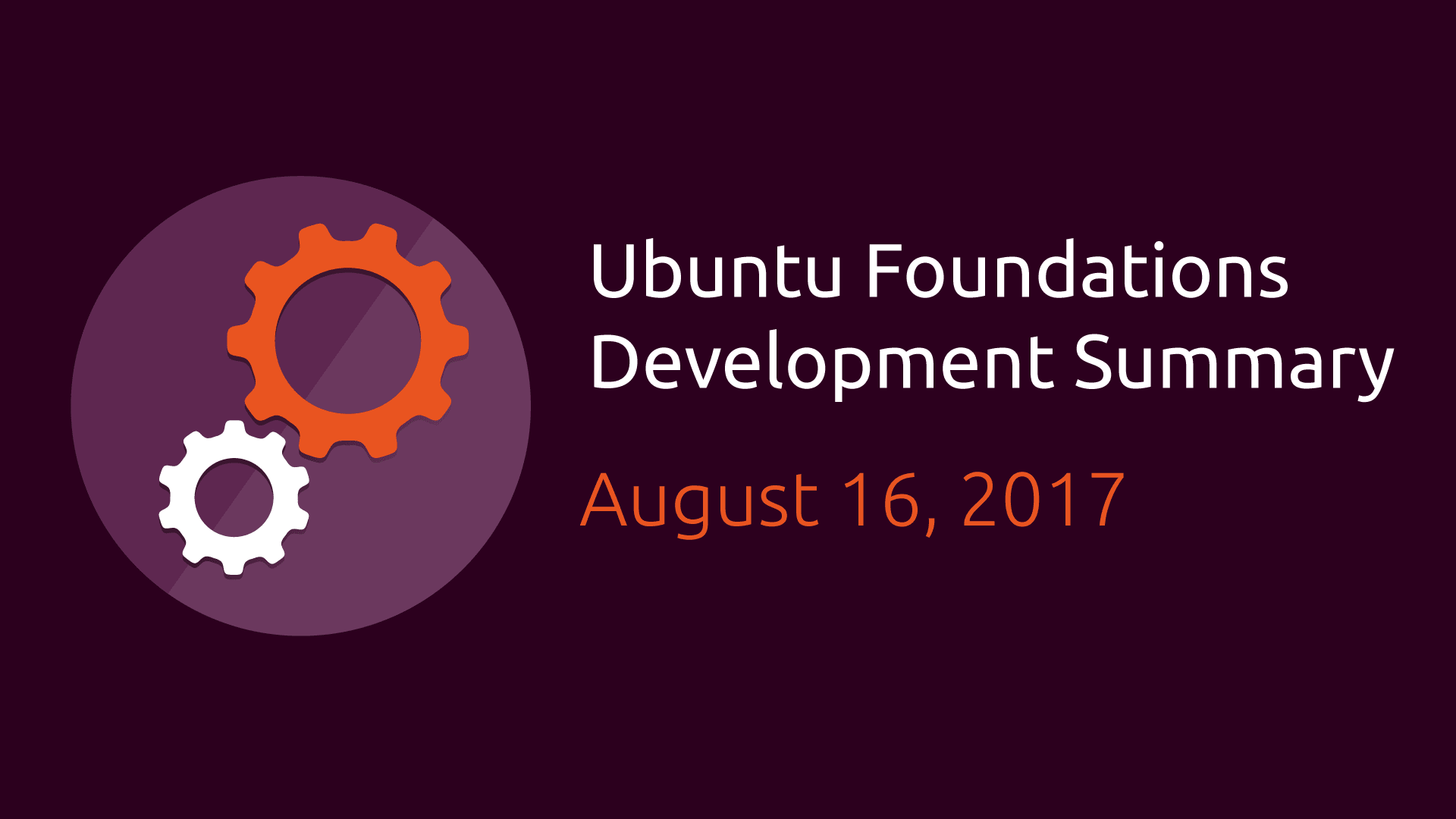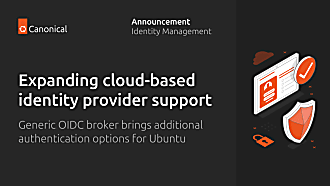Canonical
on 16 August 2017

This newsletter is to provide a status update from the Ubuntu Foundations Team. There will also be highlights provided for any interesting subjects the team may be working on. If you would like to reach the Foundations team, you can find us at the #ubuntu-devel channel on freenode.
Highlights
- Updated cloud images have been released with fix for CVE-2017-7533
- https://github.com/OddBloke/jenkins-job-linter has been released, to lint jenkins-job-builder output
The State of the Archive
- After no small amount of effort, the perl 5.26 and gcc-7 transitions migrated to artful on the 10th, unblocking many of the packages that had been stuck in -proposed.
- As GCC 7 is now the default compiler in artful, the build failures reported at https://qa.ubuntuwire.org/ftbfs/rebuilds/test-rebuild-20170706-gcc7-artful.html now apply to 17.10. Please help us resolve these failing packages for the release.
- Next in line we have the Qt 5.9 transition. Look for more news about this next week!



